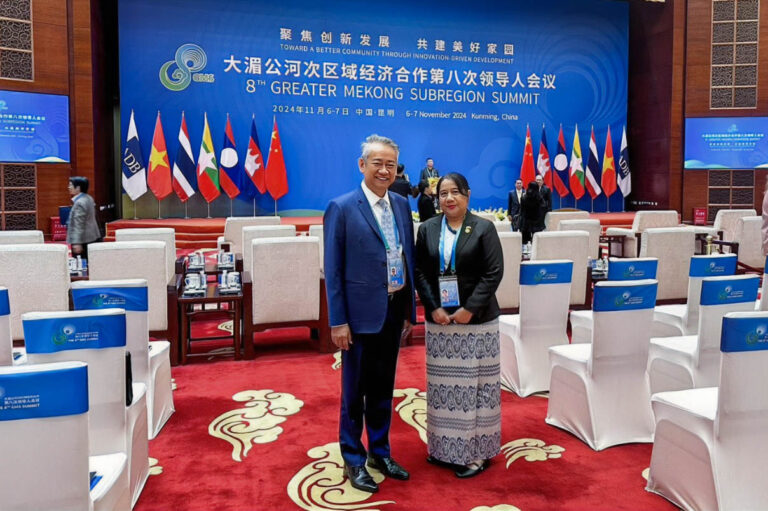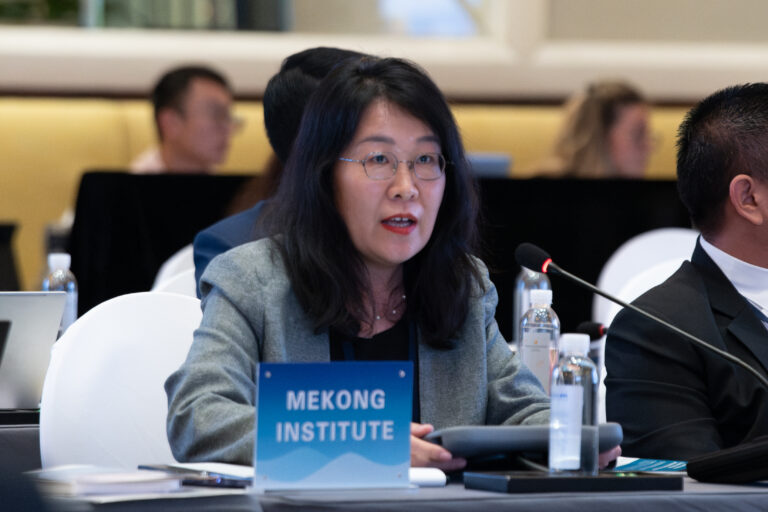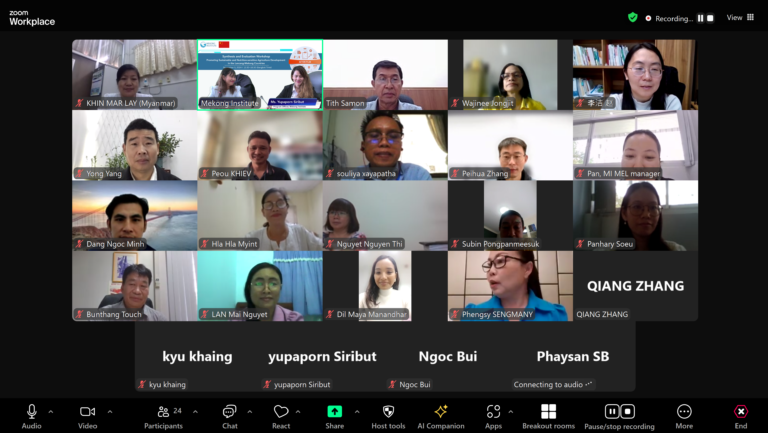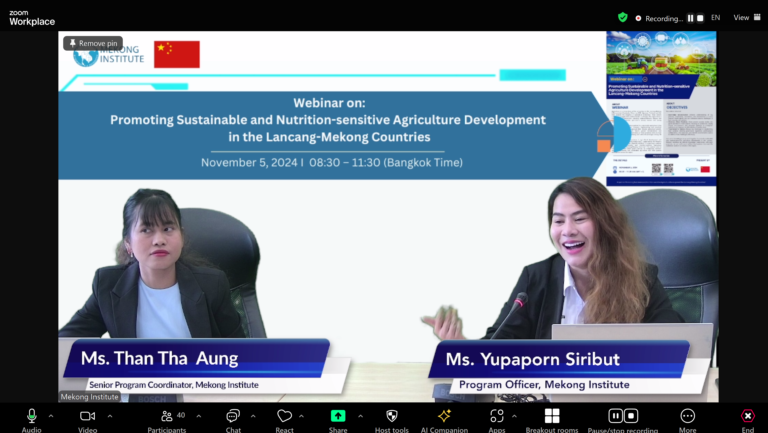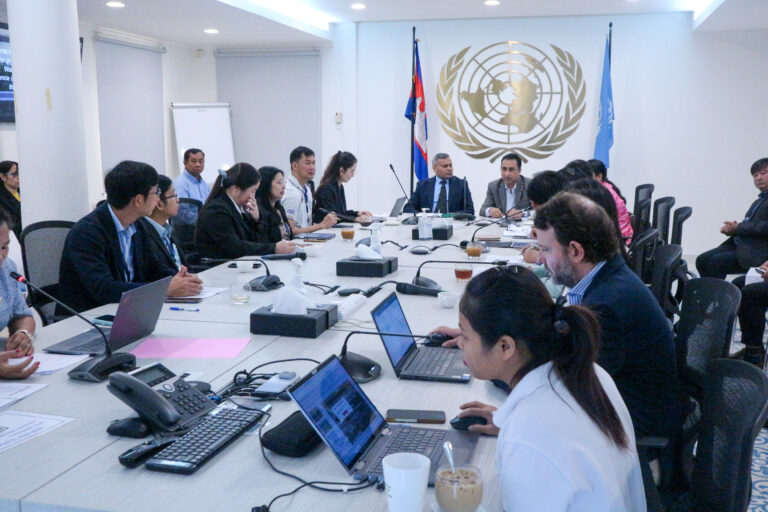Mekong Institute (MI) and the United States Agency for International Development Regional Development Mission for Asia (USAID/RDMA) launched the online Lower Mekong Initiative (LMI) Food Security Donor Mapping Database on June 29, 2015 to promote enhanced cooperation and coordination among donors and funding organizations. The launch was held at the USAID/RDMA office in Bangkok.
The LMI Food Security Database is a publicly-available internet platform that lists foreign-supported food security and agriculture initiatives and projects in the five countries of the Lower Mekong region:Burma (Myanmar), Cambodia, Lao PDR, Thailand and Vietnam. The database can be accessed online at foodsecurity.mekonginstitute.org.
“The Lower Mekong countries receive significant aid and support to boost agricultural productivity and address the issue of food insecurity,” said Mekong Institute Director, Dr. Watcharas Leelawath.”We laud the initiatives undertaken by countries to set up their own databases, in part because this will mean speedier aggregation of regional data, and we hope that this database we are launching today will serve as a helpful resource in providing integrated information on national and regional initiatives.”
The database, set up with USAID support and maintained by the Mekong Institute, is a response to the need for more efficient ways to share information about food security and agriculture activities in the region.
“We are pleased to promote such a timely tool that we donors, as well as development partners and national governments, can use to streamline and harmonize our planning, and identify ways we can collaborate and share resources to achieve greater gains in development through our food security and agriculture activities across the region.” said acting Director of the Regional Development Mission for Asia, Carrie Thompson.
In addition to the listing of food security and agriculture activities in the five countries, the database also features news, blogposts, and feature stories on relevant food security and agriculture issues, and success stories of selected food security and agriculture initiatives.
To further encourage information-sharing, donors and project implementers are given editing access to allow them to update information about their own projects as well as create or add new and upcoming projects on food security and agriculture.
At the launch, the Mekong Institute and USAID presented the database to partners, government agencies, private and civil society organizations and academic and research institutions. The launch was attended by the database country focal points, agencies that have pledged to assist the Mekong Institute in tracking, monitoring and updating information in the database.



